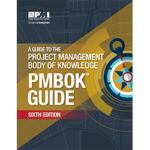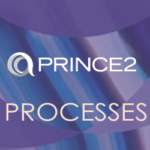
In the Project Management Body of Knowledge (PMBOK) the process groups are the chronological phases that the project goes through, and the knowledge areas occur throughout any time during the process groups. The process groups are horizontal, and the knowledge areas are vertical. They are the core technical subject matter of the project management profession, and they … [Read more...]











